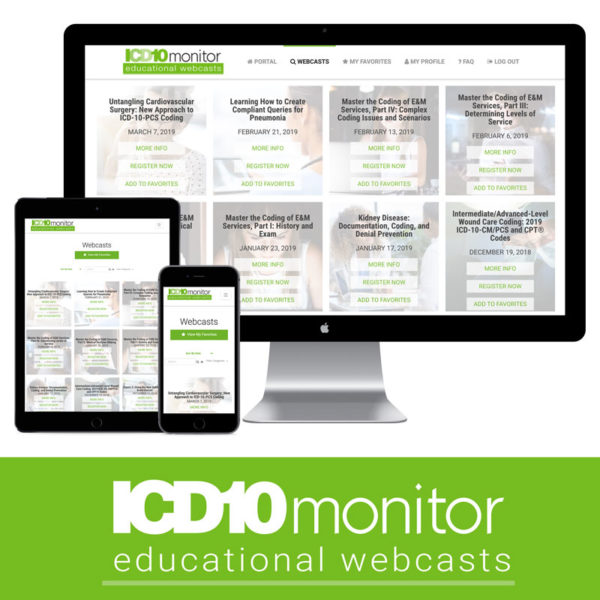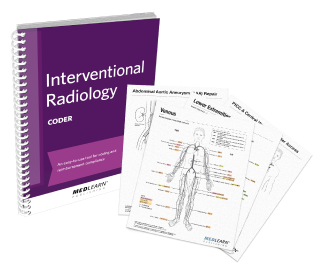As coding professionals, we know how important it is to stay informed on all the guideline changes and code changes and additions. We will be looking at some new codes, coders will be particularly interested in. With the recent emphasis on capturing those Social Determinants of Health factors we will be looking at current code Z56.3, Stressful work schedule. Expansion of this code now allows us to assign for coder specific stressful work. Code Z56.31Z, Coder stress due to backlog and code Z56.32Z, Coder stress due to system issues assigns for these situations. Inclusion note at Z56.32Z details that covers system downtime as well as issues related to new system implementation.
The next code expansion we are looking at is current code Z56.6, Other physical and mental strain related to work. While this code is intended to assign for those documented conditions that do not have a specific code, we do have some specifics for coders we can now assign for. Code Z56.6X1, Coder neck, can identify that painful condition that occurs from hours of neck rotation from looking up at a screen and down at a desk whether it be a coding book or reference. This is different from the condition “tech neck” which generally causes neck stiffness and pain from keeping the neck in a downward position. New code Z56.6X2, Coder eyestrain, NOS, is next. Coder eyestrain has a distinct difference from general eyestrain. Hours spent looking at documentation, most often on computer screens, can make the eyes tired, irritated and can cause the vision to be blurry. Since coders focus on alphanumeric characters it has been demonstrated to cause an additional stress to the eyes. The last new expansion here is Z56.6X8, Coder Overwork Syndrome. This well- known syndrome includes generalized body aches and fatigue with or without headache. There is room for more code expansion. Perhaps future codes for Coder Headache Syndrome, or even Coder Hand Fatigue, right, left, bilateral or unspecified. No official code for Coder Burnout has been approved either, so this may also be one of the new expansion codes.
There is discussion on expanding other codes to classify for those conditions that affect coders. For example, examination of the stimulant dependence code set is underway to determine how to better identify dependence on coffee, tea, or Diet Coke for coding productivity. While these conditions may be very real, the “new codes” described here are not. Happy April Fool’s Day!

While these codes may be a lighthearted April Fools' joke, the challenges coders face—such as stress and overwork—are very real. That’s why MedLearn Publishing and ICD10monitor provide essential education and resources to help coding professionals stay informed and efficient in their roles.
Ongoing training not only improves accuracy but also reduces the stress of navigating complex documentation requirements. By staying up to date with coding guidelines, professionals can work more confidently and avoid the frustration of system errors or backlog pressures.
To support your coding journey, we’re offering 20% off our MedLearn Publishing and ICD10monitor brands today only! Use code APRILFOOLS25 at checkout. (Exclusions apply*).


